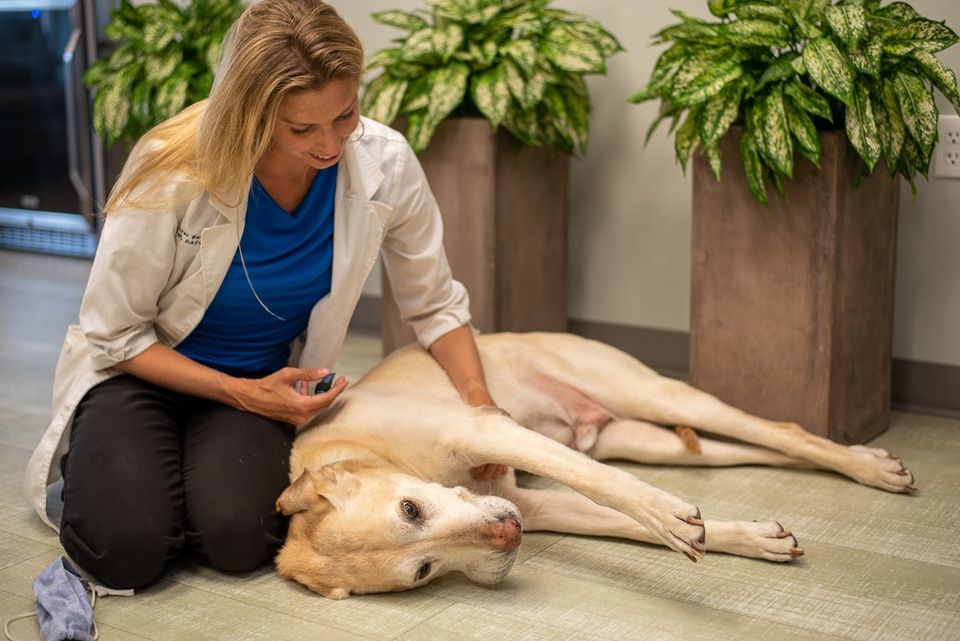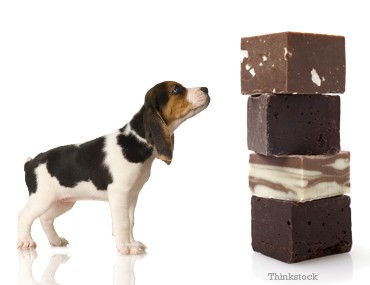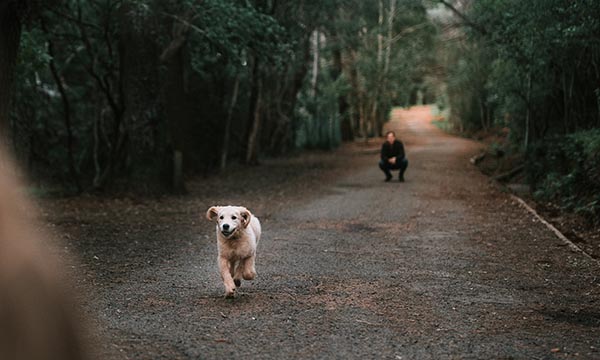Keep Your Pets Safe in Wildfire Season
Keep Your Pets Safe in Wildfire Season
 As fire season takes its toll this year, a top of mind question is how to keep your pets safe in wildfire season. At Veterinary Referral Center of Central Oregon, we share your concern about the effects of smoke and other fire-related issues on your pets. Veterinary dermatologist Dr. Jennifer Bentley answered questions and offered helpful safety tips at a recent VRCCO Facebook Live event.
As fire season takes its toll this year, a top of mind question is how to keep your pets safe in wildfire season. At Veterinary Referral Center of Central Oregon, we share your concern about the effects of smoke and other fire-related issues on your pets. Veterinary dermatologist Dr. Jennifer Bentley answered questions and offered helpful safety tips at a recent VRCCO Facebook Live event.
Hazardous Air Quality & Birds
Birds are some of the animals most negatively affected by poor air quality due to smoke. Birds have a unique and highly efficient respiratory system that makes them extremely sensitive to toxic gases. Simply keeping your pet bird indoors may not be enough to protect them. To avoid exposure from toxins seeping in through cracks, move your pet bird to a well-ventilated and windowless room until the air quality improves significantly.
Remember the canary in the coal mine? Thankfully this practice went by the wayside over thirty years ago, but was very much in use for decades. A canary would detect and show signs of toxicity, growing sick or dying long before the miners noticed a change in the air. Chickens, too, are very sensitive to wildfire smoke. If they’ve been pecking at the windows, it’s likely they are asking to be let inside. A temporary shelter in a basement, or even a shower, can provide a safe alternative to hazardous outdoor air.
Thinking ahead, an enclosed and ventilated chicken coop with an air filter would keep them safe and out of your bathroom.
Wildfire Season Safety Tips for Cats & Dogs
It’s well known that dogs are superior sniffers,100,000 to a million times more sensitive than humans. So it’s no surprise that smoky air can negatively impact their health. Brachycephalic breeds, otherwise known as smoosh-faced dogs like Bulldogs and Pugs, can be particularly affected, as their breathing can be labored even under normal conditions. Older dogs and dogs with underlying conditions may suffer more in the smoke, too. Signs that your dog is particularly impacted by poor air quality include:
- Intense panting that doesn’t stop when your dog is out of the smoke
- Coughing
- Nasal or ocular discharge
For cats, open-mouthed breathing is never normal. Poor air quality can bring underlying conditions to the surface. If your dog or cat loses her appetite or seems unusually fatigued, visit your veterinarian to get it checked out.
As for the usual walks and outdoor exercise, even if your pet is showing no signs of ill health or anxiety, it’s better to keep the outings to short bathroom breaks until the air clears.
Have a Plan in Place in Case of Evacuation
There’s no better time to plan for your pet’s safety and wellbeing in an emergency than before it happens. If it comes to pass, be ready to get out of your home quickly with everything you need to keep your dog or cat well fed and as anxiety-free as possible. Make a list! Here are some essentials:
- Pet carrier
- Leash, harness, and muzzle (if your dog gets a little nippy when anxious)
- Seven days of food, particularly if your pet follows a special diet
- Toy, good for calming the nerves
- Treats!
In addition, make sure all pet tags are up to date and microchip information is current. It’s wise to have a medication list and veterinarian contact handy. Best case scenario, you and your pet will never need to grab your evacuation pack and go, but it’ll feel good to know you’ve done your best to be your pet’s hero in an emergency.
Got questions about other pet health issues? Explore News for more VRCCO articles on seasonal pet allergies, toxic food for pets, and more.


